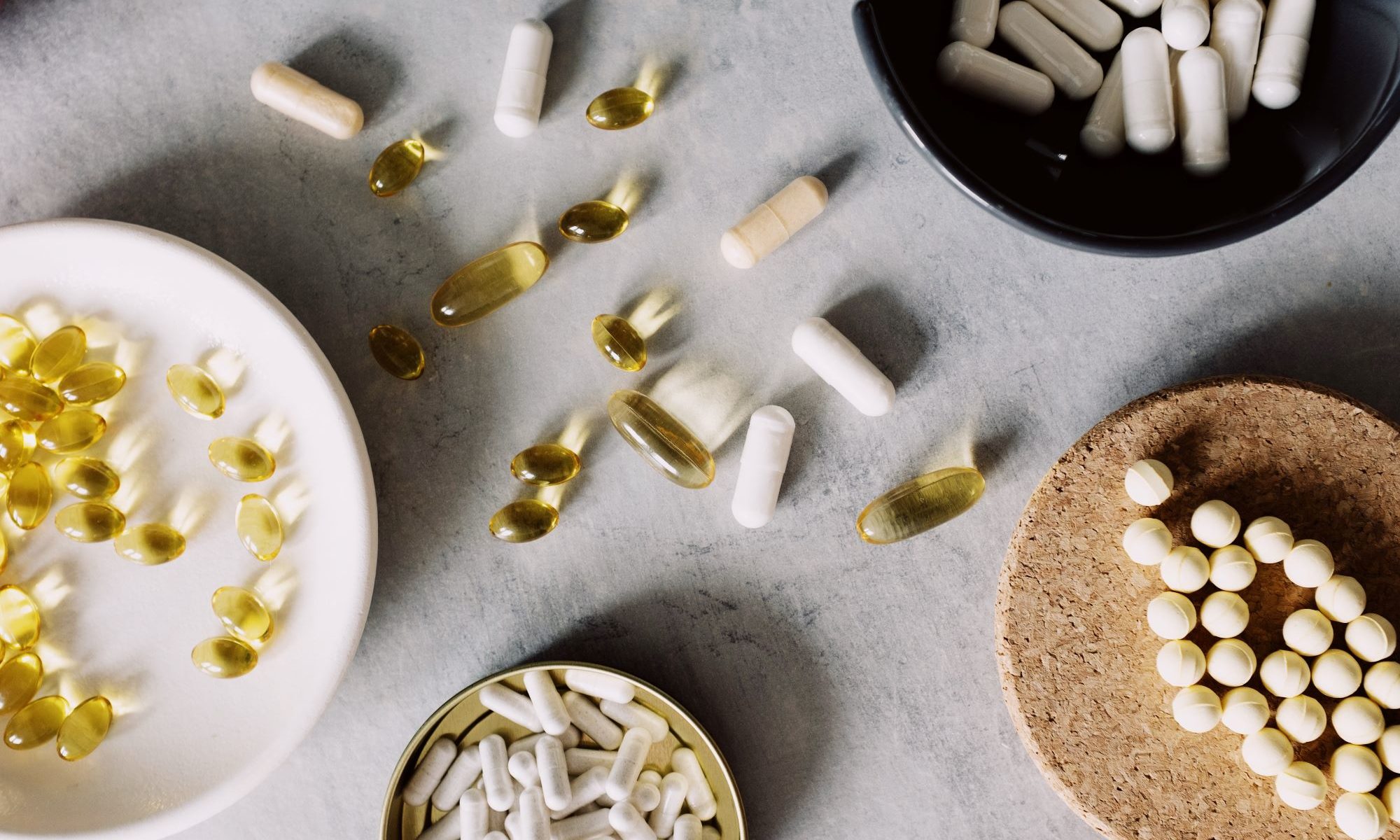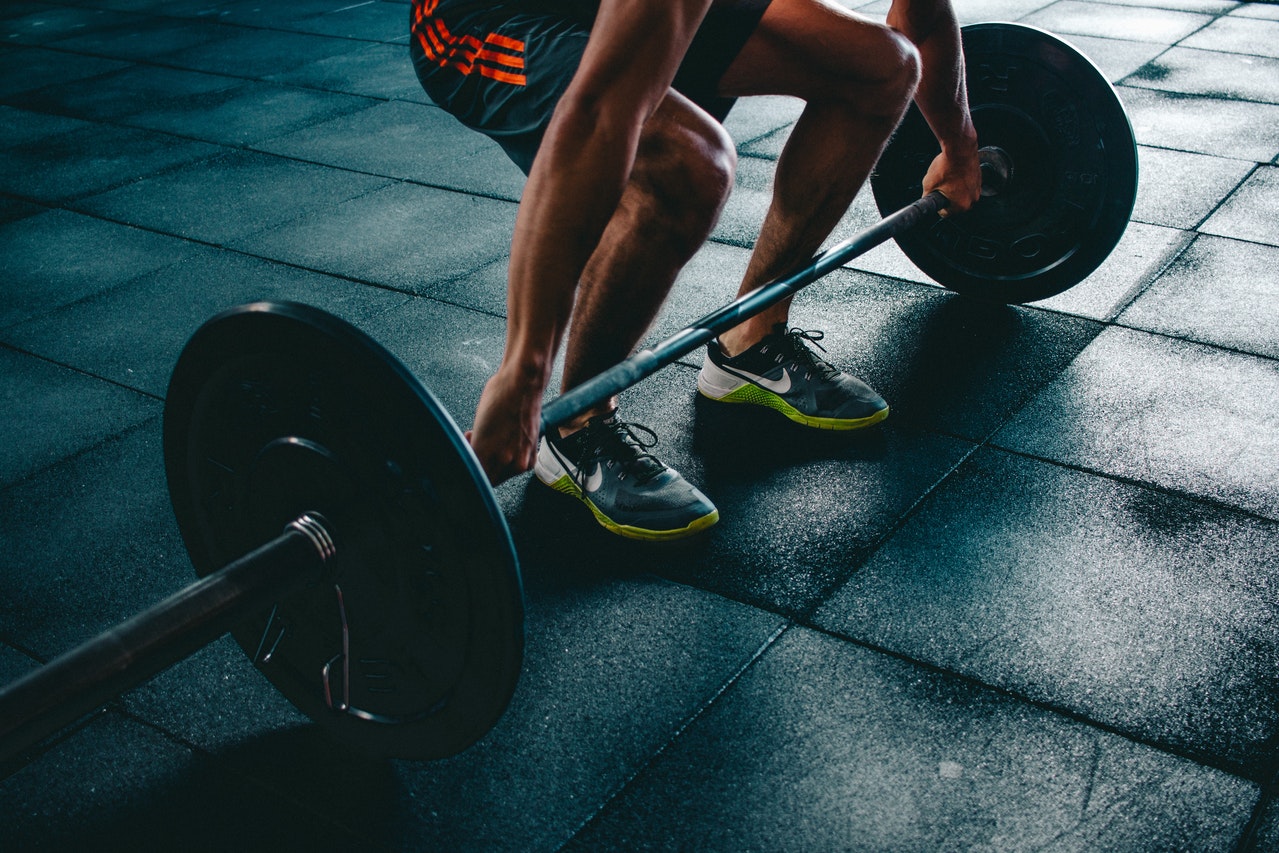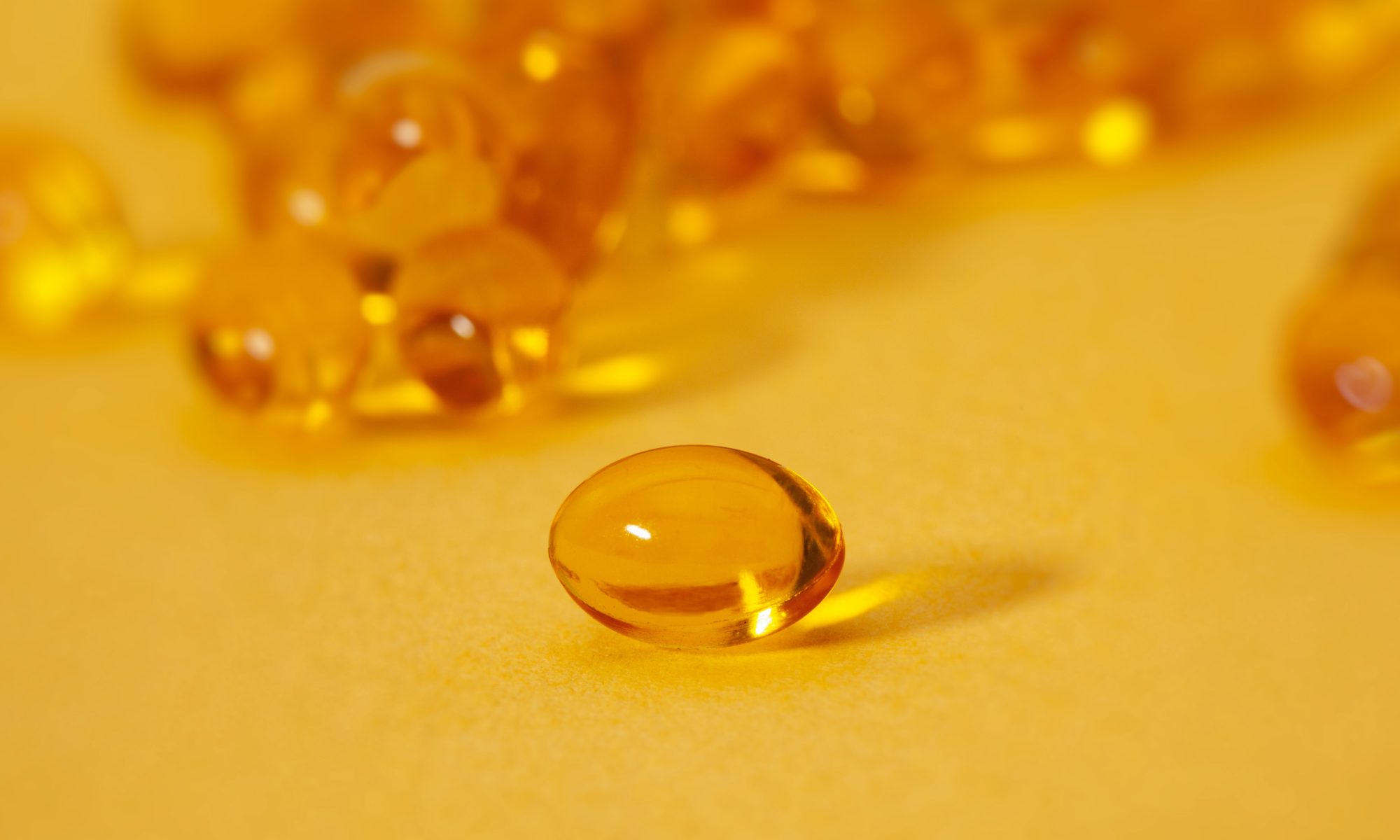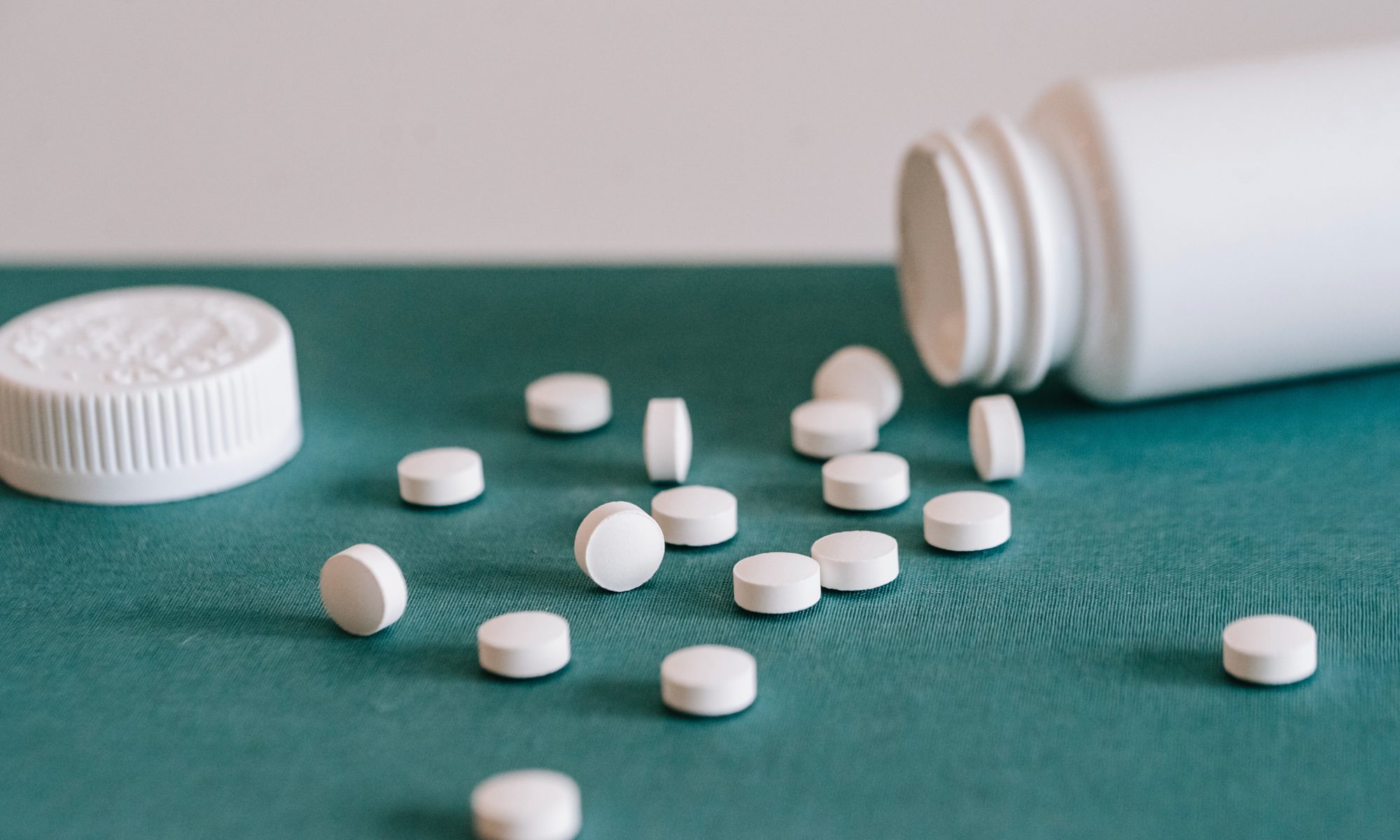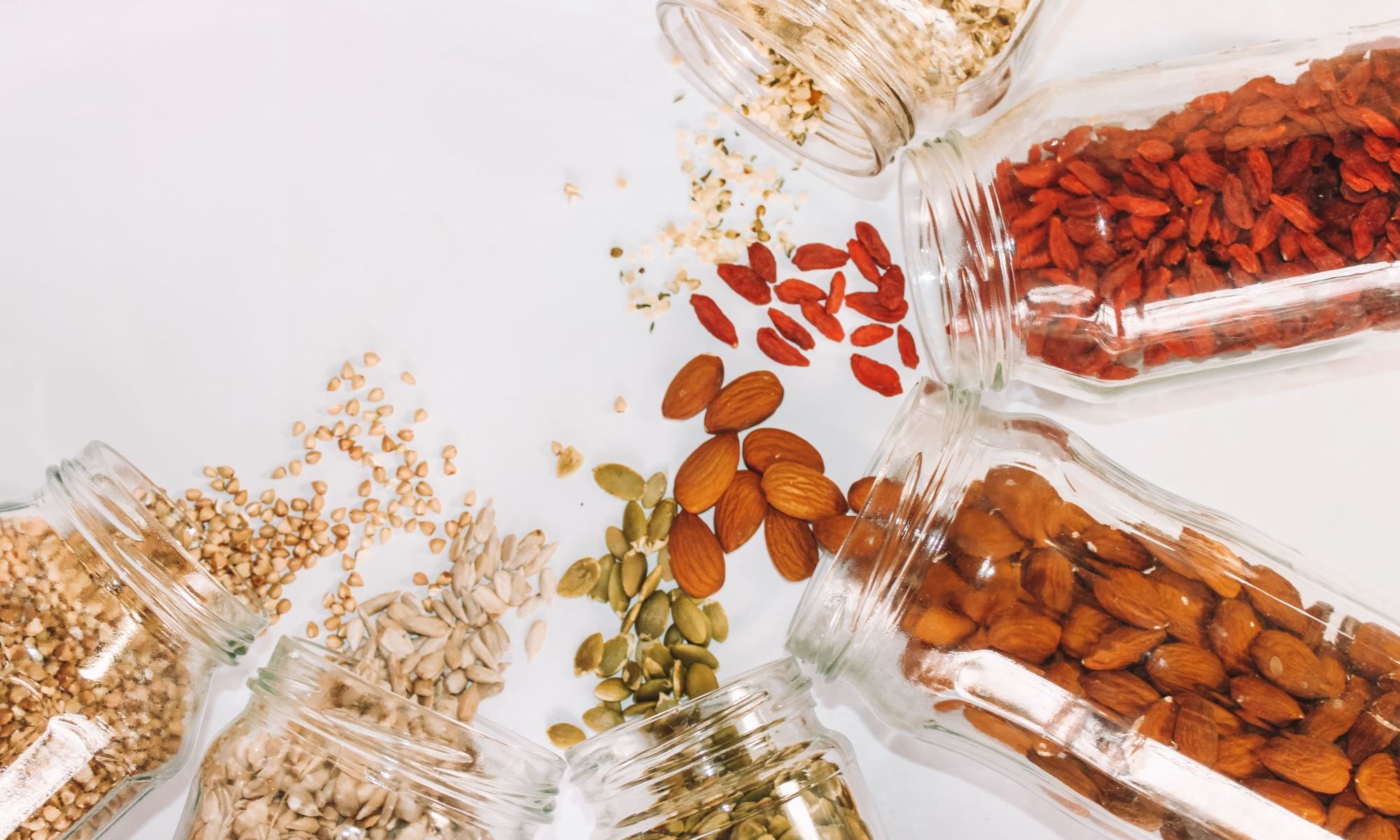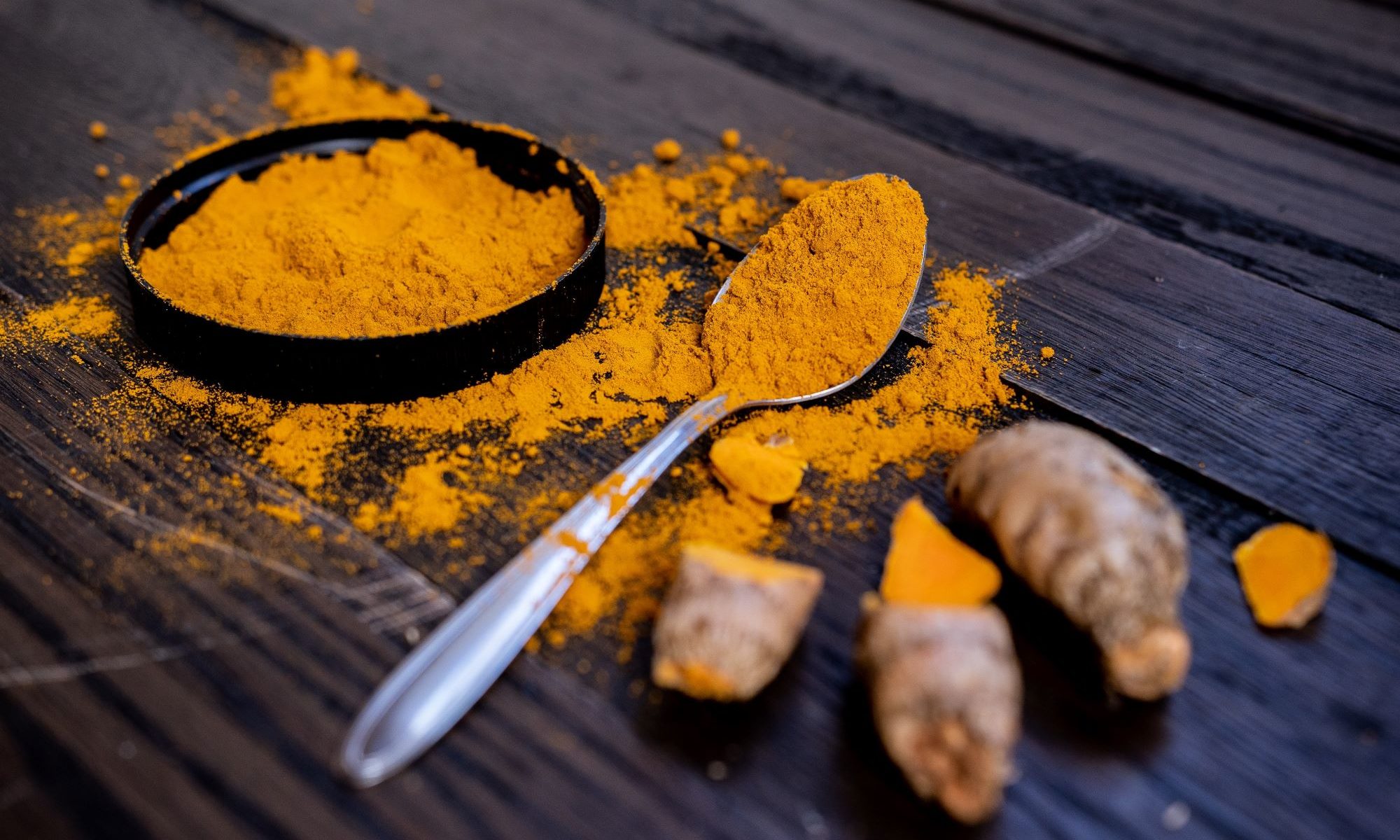Stress and anxiety can take a major toll on your physical and mental well-being and adversely affect your overall quality of life. The good news is that, while there is no magic pill for mental disorders, there are healthy and natural ways to reduce the symptoms and achieve Zen-like calm. When you pair regular exercise, good eating habits and adequate sleep with the right supplements, you can effectively combat stress and enjoy a more carefree way of living.
5 Best Vitamins and Supplements for Stress and Anxiety
If you’re serious about combatting stress naturally, give the following five supplements a try. Though the names of some are difficult to pronounce, each comes with very real, proven benefits.
Melatonin

It’s no secret that a good night’s sleep is key to combatting the effects of stress and anxiety. Unfortunately, individuals who live with either know that good sleep is hard to come by. What’s more is that insufficient sleep can exacerbate the symptoms of stress and anxiety, creating a vicious cycle.
Several studies show that melatonin — which is a hormone the human body naturally produces to regulate sleep-wake cycles — improves the overall quality of sleep in individuals who have primary sleep disorders. Moreover, it helps to decrease the time it takes to fall asleep and increases total sleep time.
Rhodiola Rosea

If your stress stems from or causes chronic fatigue or burnout, rhodiola rosea may help. Rhodiola is a natural, non-toxic herb grown in the mountainous regions of Asia and Russia. It contains properties proven to stimulate the stress response system. Short and long-term studies show that 400 mg of rhodiola extract can help improve symptoms of chronic fatigue — such as issues with concentration, short-term memory and sleep — in as little as one week. As use continued, the symptoms continued to decline. A longer study revealed relief of symptoms such as irritability, exhaustion and anxiety.
Ashwagandha
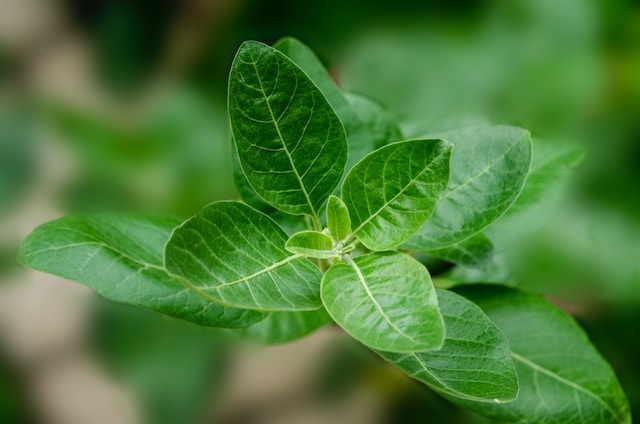
Ashwagandha, or Withania somnifera, is an herb native to India, where citizens have been using it for its soothing properties for millennia. Like with rhodiola, ashwagandha is believed to enhance the body’s ability to resile physical and mental stress. Per one study, supplement with this herb resulted in reduced levels of anxiety, stress and depression, and even reduced morning cortisol levels by as much as 23%. The results of several other studies found that individuals who used the supplement regularly scored better on stress tests.
L-theanine
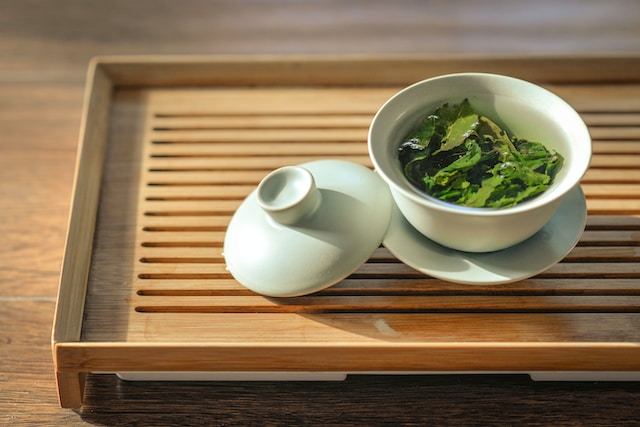
Though difficult to pronounce, L-theanine is actually quite common and found in many green teas. The amino acid is commonly touted for its ability to relieve stress and promote relaxation without causing any sedative effects. Moreover, a review of 21 studies reveals that drinking green tea with L-theanine correlates directly to improved memory and attention.
L-theanine is effective on its own, too. Per the findings of one study, supplementing 200 mg of the substance daily reduces common measures of stress, including heart rate.
Glycine

Glycine is another amino acid with stress-relieving effects. Studies show that glycine encourages a good night’s sleep by calming the brain and lowering the body’s core temperature. Findings from a few different studies reveal that just 3 grams of glycine before bedtime lead to increased awareness and decreased fatigue the next day and better overall quality of sleep.
The Bottom Line
Supplements are a great way to relieve the effects of stress and anxiety and reduce the frequency of attacks. If either impacts your overall quality of life, give one of the above five supplements a try.

